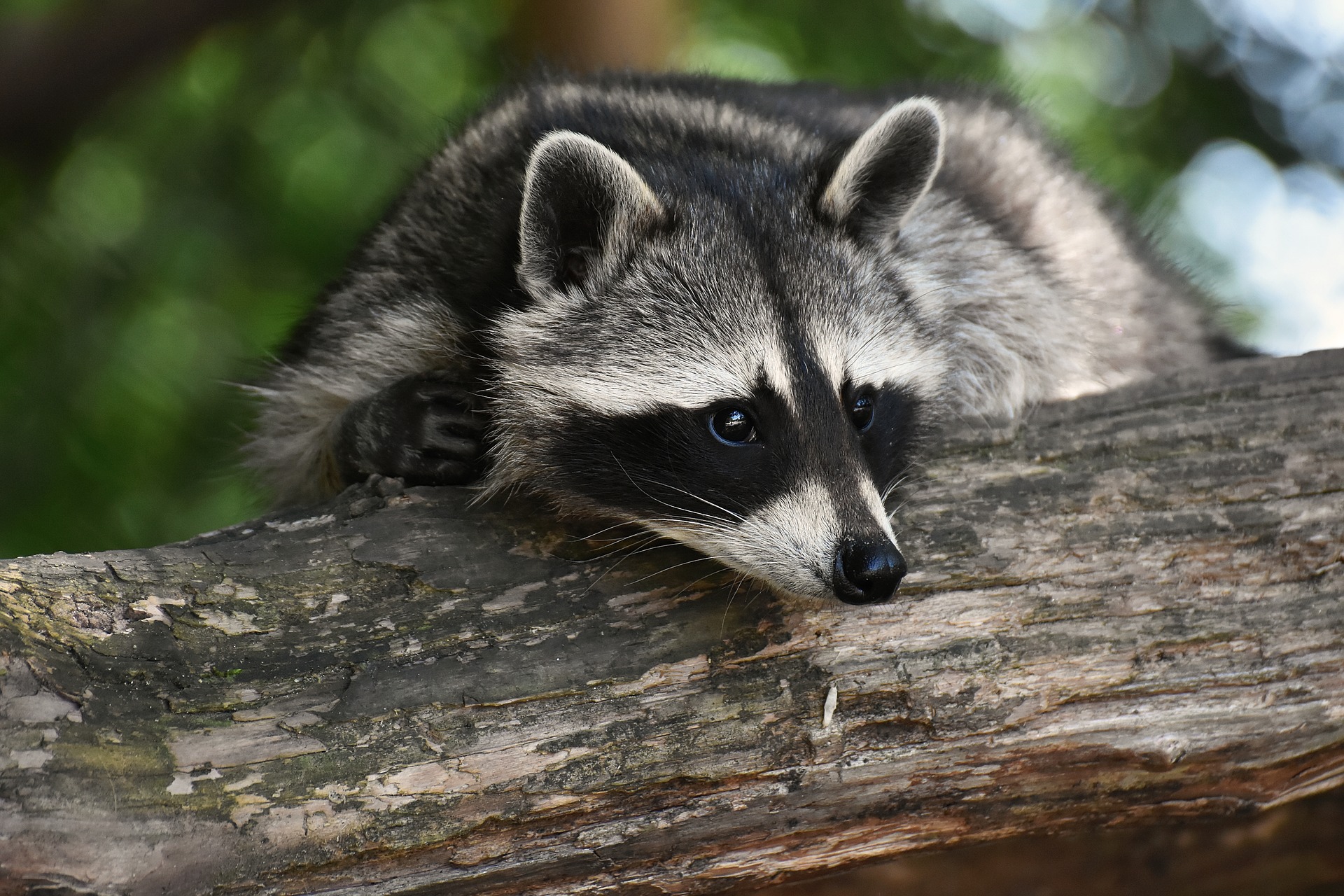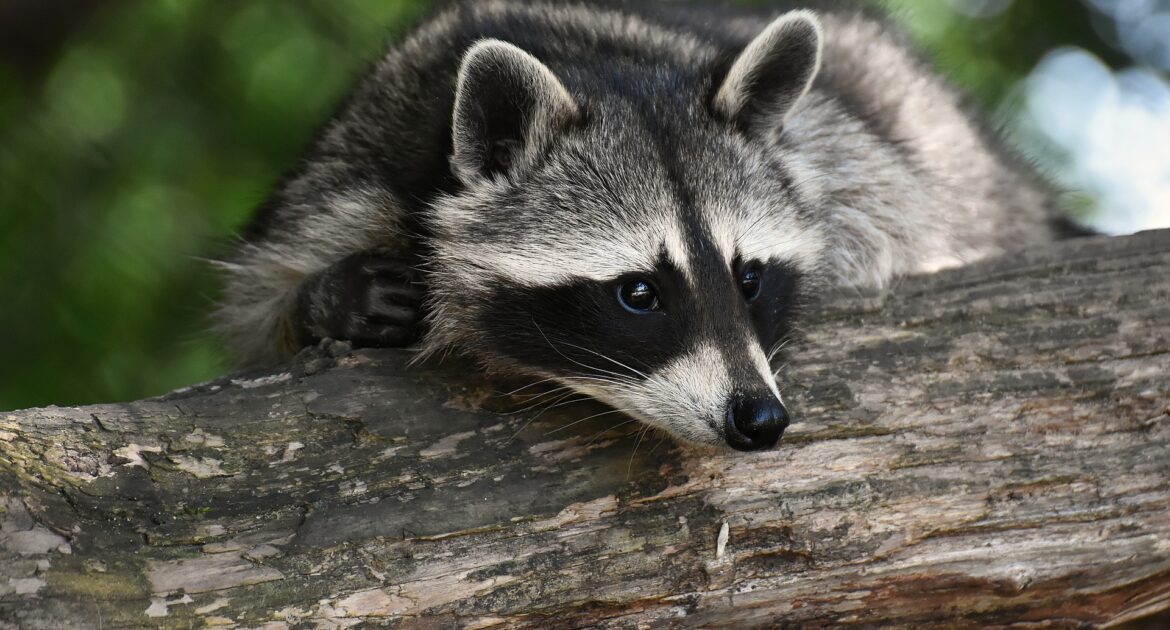There is nothing better than a tasty meal of sweet corn, and our raccoon friends couldn’t agree more. In summer, when the stalks are filling out with delicious ears of corn, these creatures are likely keeping an eye on the bounty your garden offers. Being omnivores, raccoons appreciate a variety of foods. They have excellent taste buds and enjoy both sweet and savory items.
This is the reason they have no problem rummaging through your garbage and eating the same things you do. So, when sweetcorn season arrives, your garden is a huge buffet of flavors and a great food resource. It’s best to call for raccoon removal as soon as you see these pesky visitors. Humane wildlife control in Madison has effective ways to prevent and protect against raccoon intrusions.
How Do You Keep Four-Footed Masked Strangers Out of Your Corn?
Raccoons don’t mean to offend you by sharing your summer goods. These mammals are opportunistic and look for easily attainable food. It’s part of their survival instincts as mammals to be industrious in finding sustenance and shelter. If you see these furry critters sneaking around in your corn or detect damage, here are five things that help to keep them away:
1. Build a Fence
A fence is a good deterrent for raccoons if it uses the right type of fencing material. Raccoons are great climbers, so height is not the answer. A one-foot-tall electric fence with wiring that runs at the ground, middle, and top is a practical preventative. Raccoons that try to sneak in your garden get a brief and harmless shock that discourages their entry.
Floppy fences are another excellent idea. This type of fencing is attached to an existing taller fence. When raccoons attempt to climb the netting, their weight causes the fence to flop backward, leaving them no choice but to let go and land on the ground.
2. Add a Squash Perimeter
You may not think of a squash plant as a raccoon’s natural enemy, but these plants turn off the fuzzy mammals in an instant. The smell of prickly hairs on squash is repellent to raccoons. Two to three rows of winter squash, summer squash, and cucumbers on the perimeter of your garden are a great natural guard.
3. Grow Tall Sweet Corn Stalks
Sweet corn plants grow to a variety of heights. Taller stalks make it difficult for raccoons to climb and harder for them to reach the ears. You can find a variety of taller plants that grow as high as eight feet.
4. Use Some Wrap
Wrapping the ears of your sweet corn is another way to discourage these nocturnal foragers. Knowledgeable gardeners use duct tape to protect their corn. You can experiment with other types of wraps to cover the ears. However, raccoons have strong teeth and highly dexterous forefeet. You need durable material to keep them from quickly chewing and tearing the covering away.
5. Try Solar Lights
Raccoons are primarily nocturnal creatures that would rather avoid the spotlight. They like going about their business under cover of twilight or complete darkness.
Solar lights with motion sensors are startling to raccoons. You should place these lights at the height of the animal’s pathway, which is more effective than high-set porch lights and floodlights. You can install them around various places to deter raccoon activities and not be overwhelmed by intense lights.
Why Get Help with Raccoon Removal?
Raccoons do a lot of damage when they take up residence in your home or on your property. Humane wildlife specialists know the techniques to remove raccoons safely and prevent them from returning to your property. Exclusion is an essential part of effective wildlife removal, and our Madison specialists are skilled in this process.
Skedaddle Humane Wildlife Control in Madison is your team for expert and humane wildlife control. Contact us today to request service!




